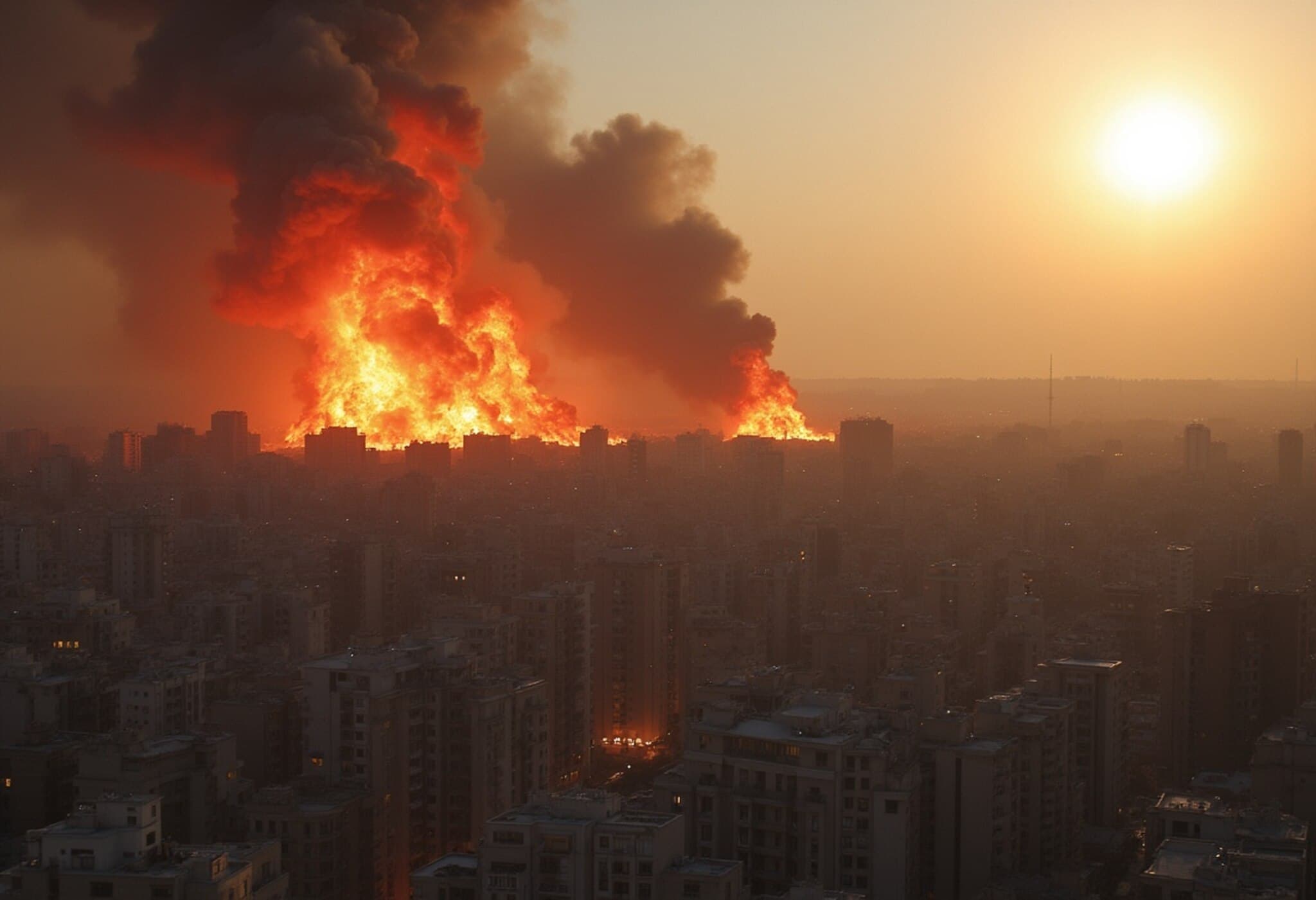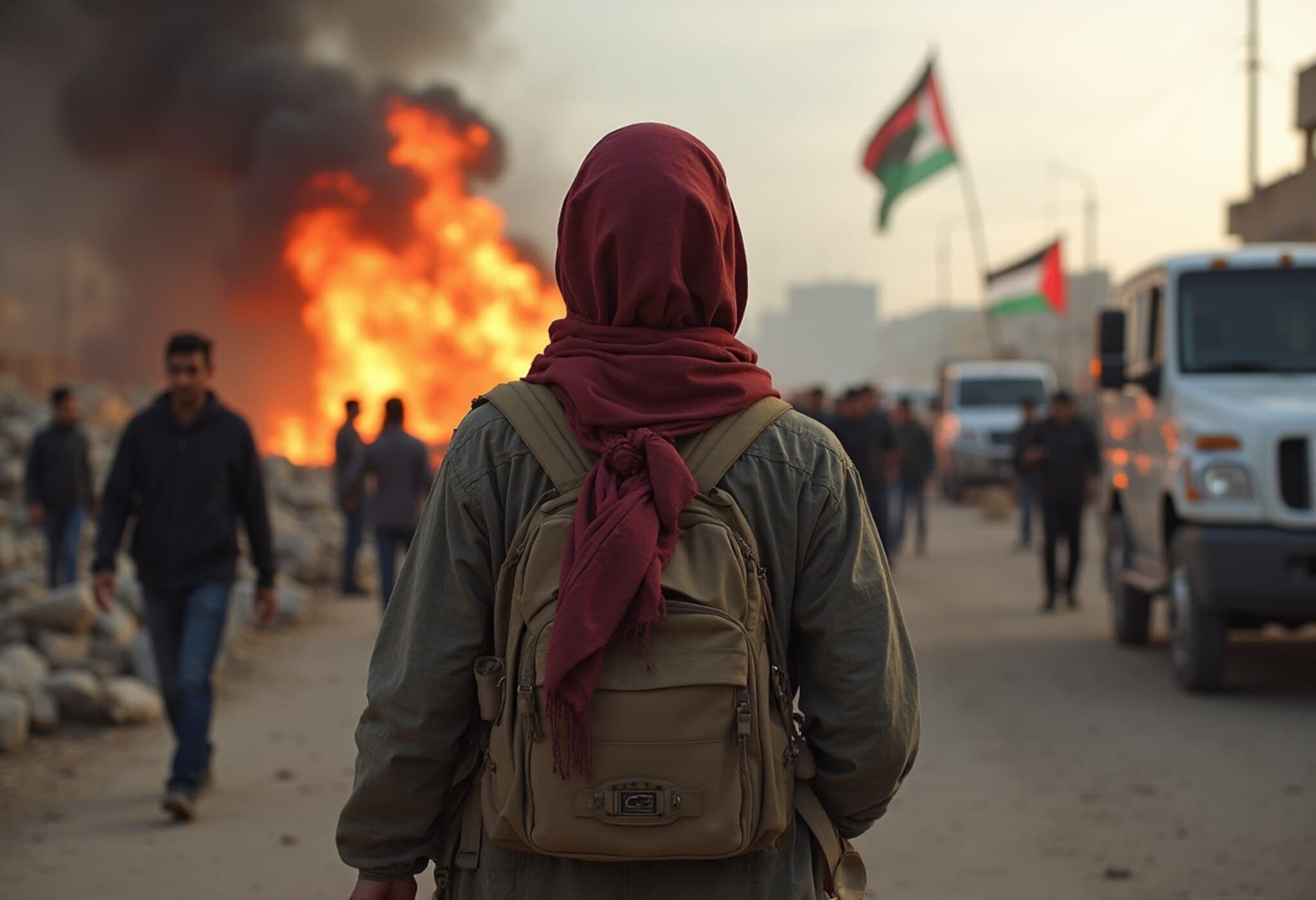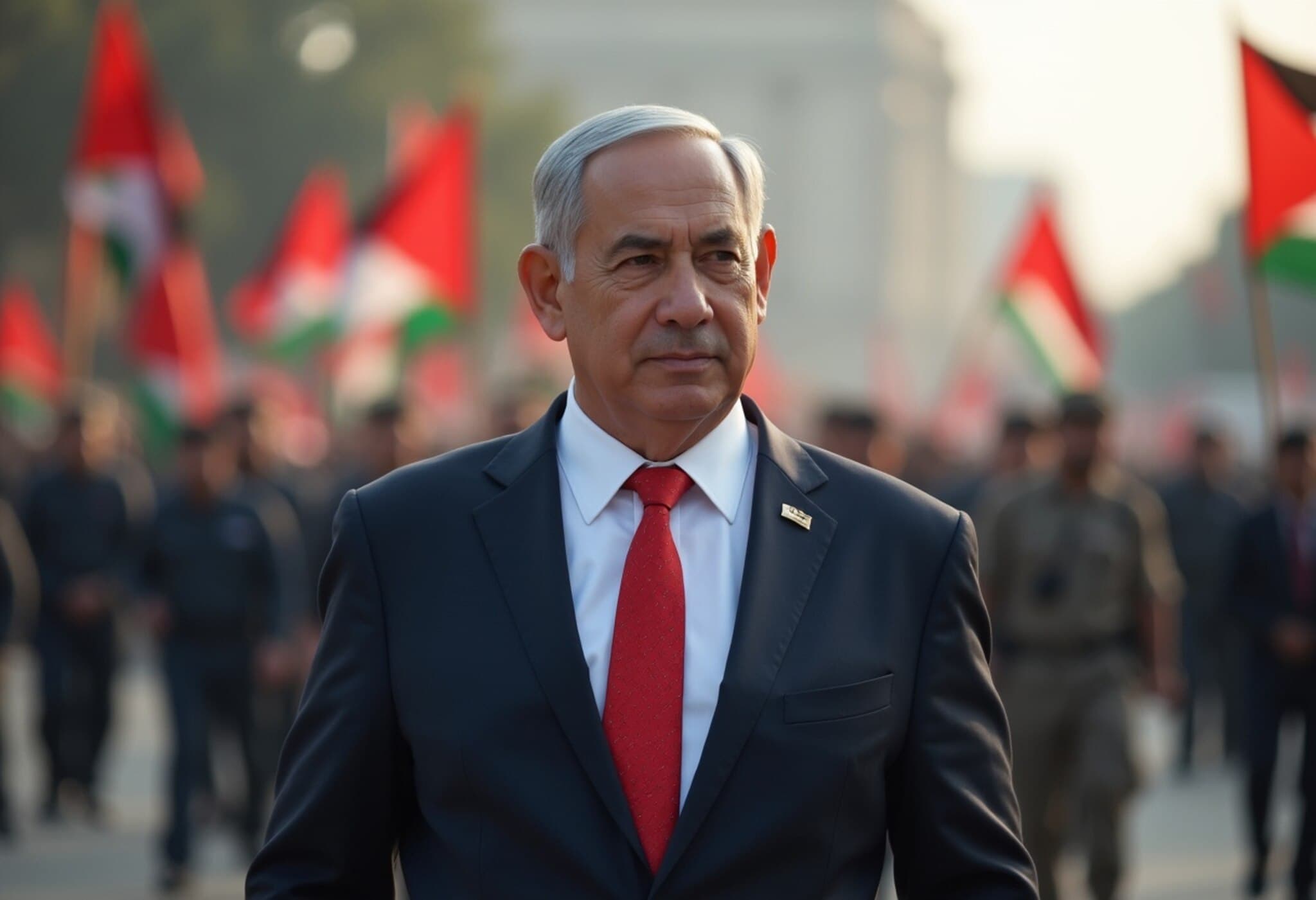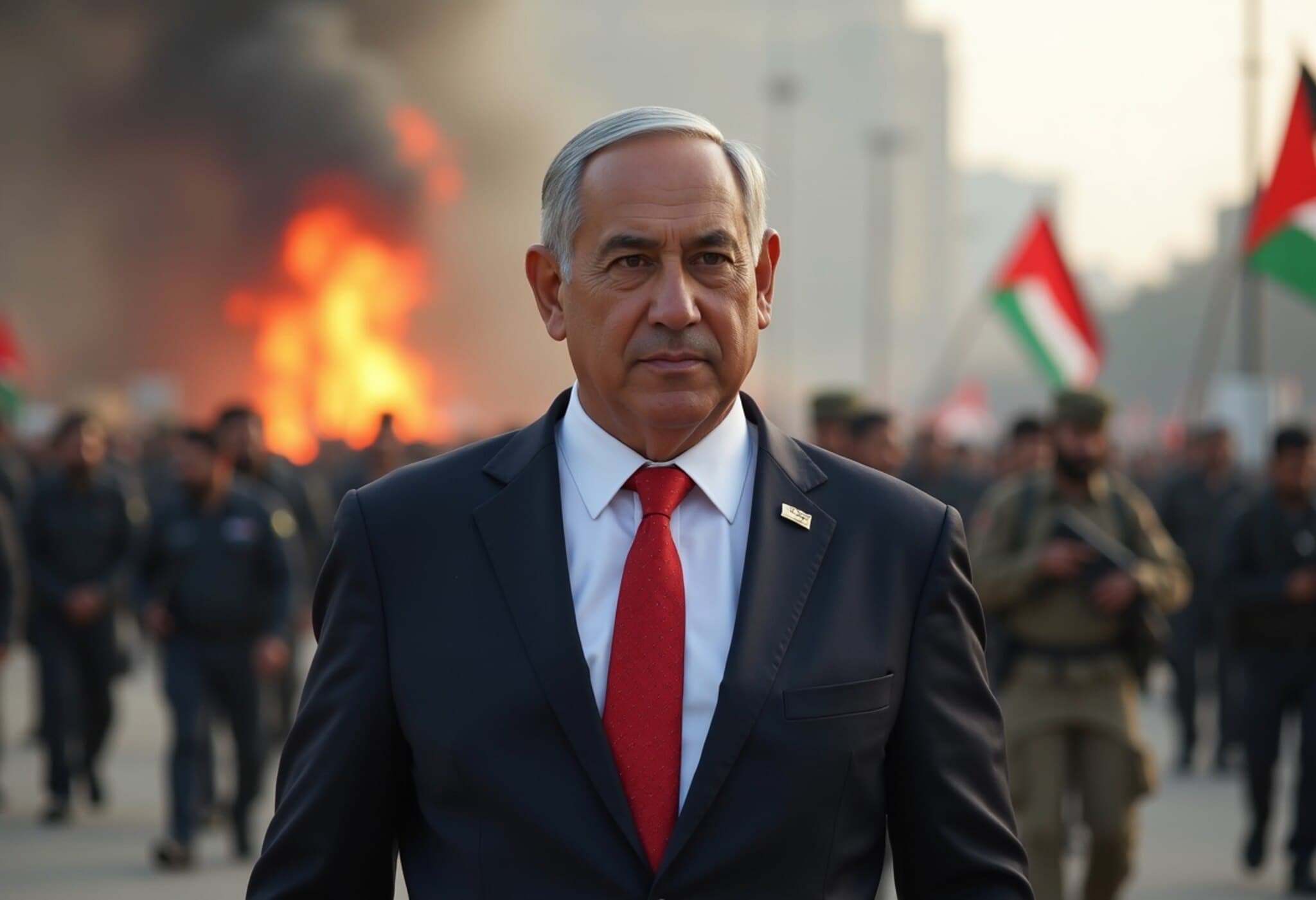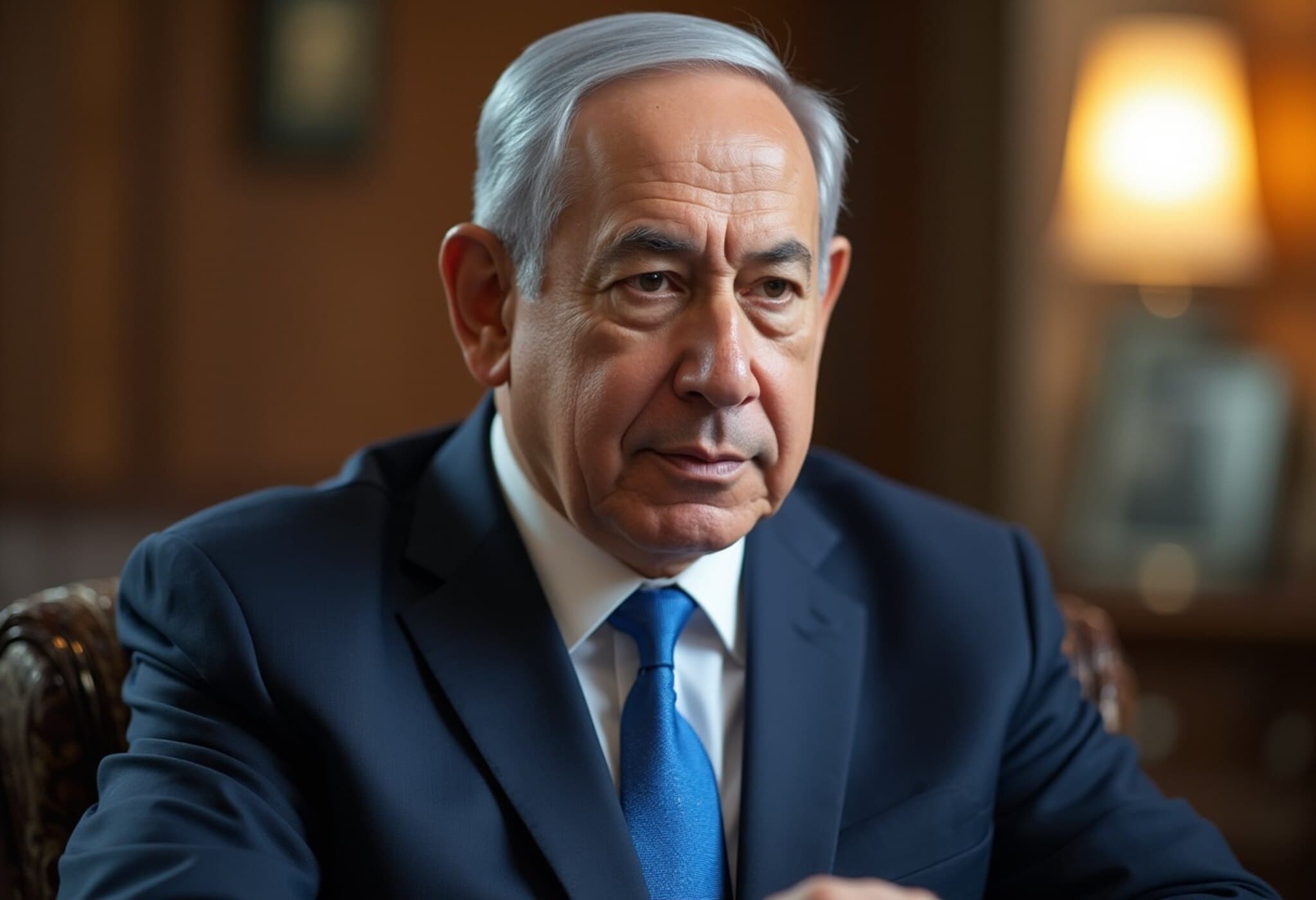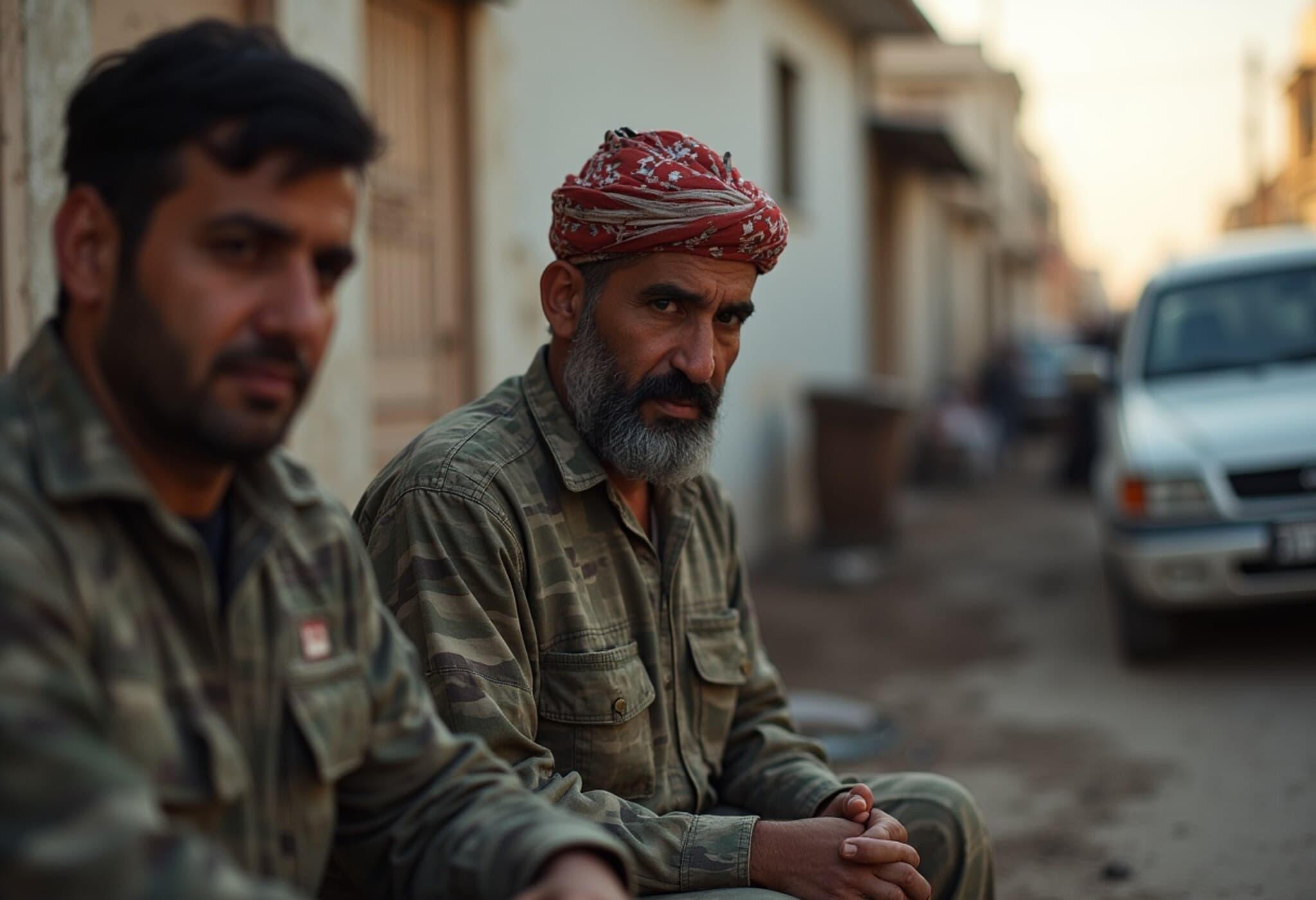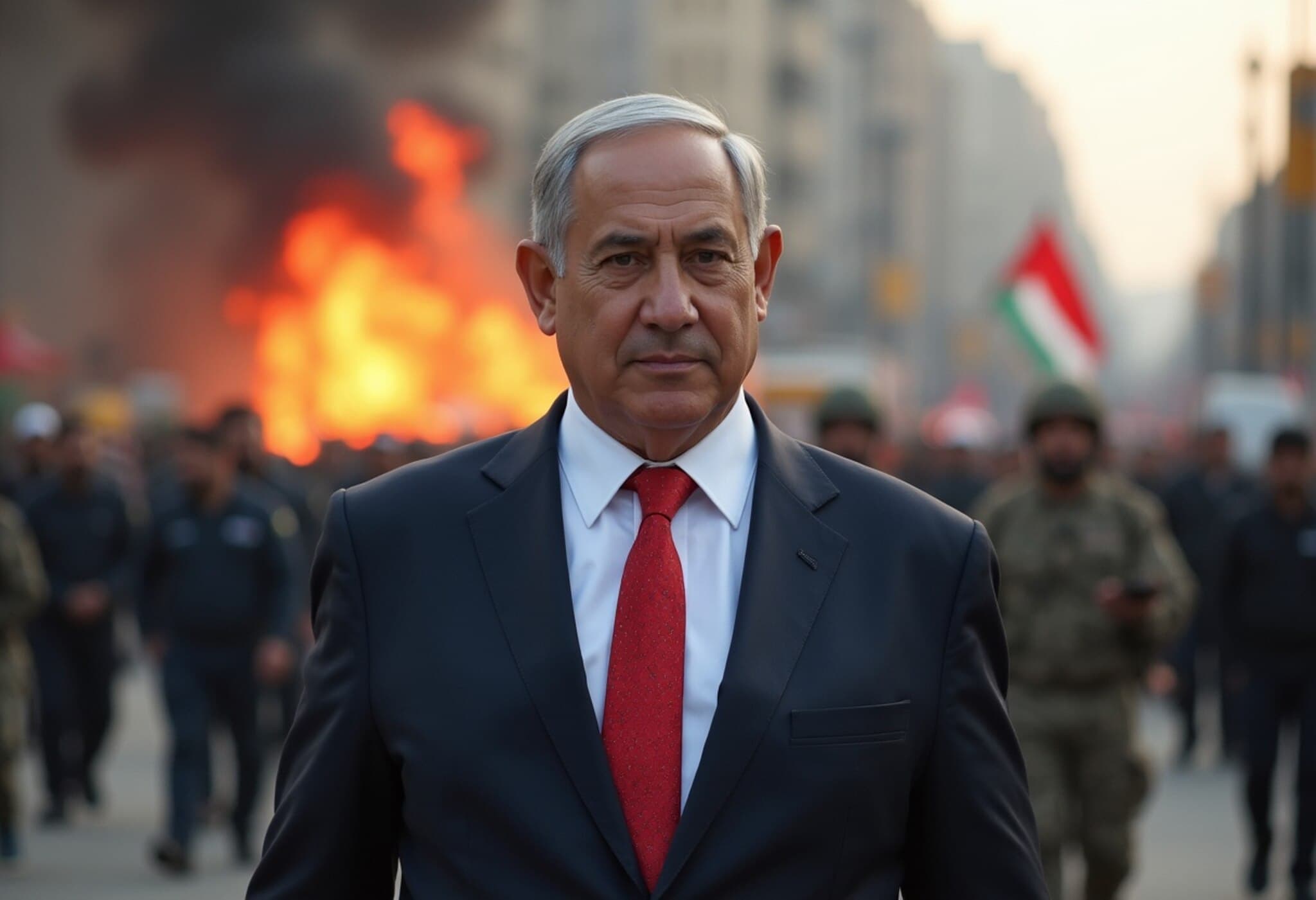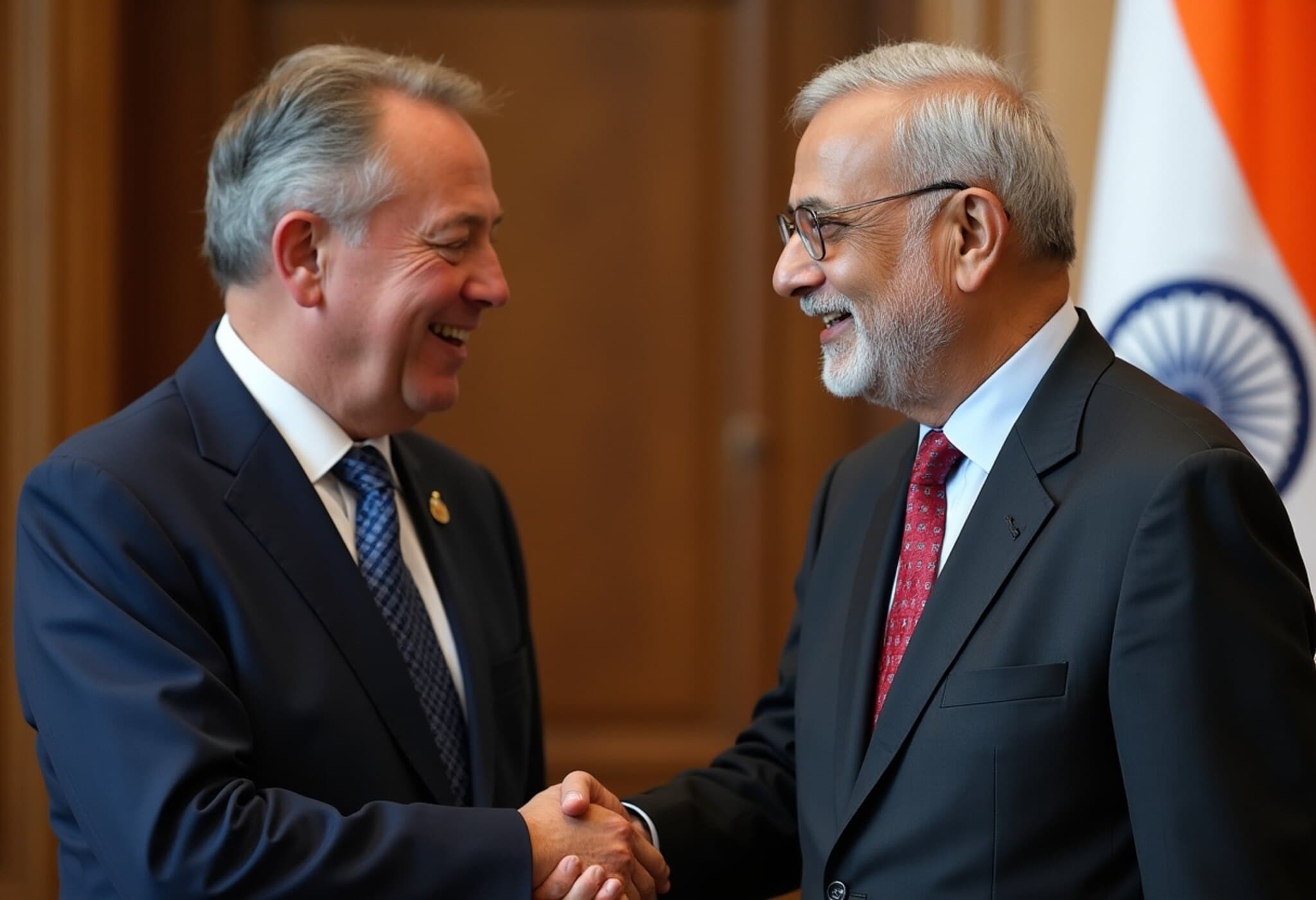The Complex Debate over Recognizing Palestine
In the heated discussions surrounding the ongoing conflict in Gaza, the prospect of Australia—and other Western democracies—officially recognizing a Palestinian state has once again resurfaced. While the notion of a two-state solution remains the widely accepted endpoint by many political actors, the conditions under which Palestinian statehood might be recognized are highly contentious and fraught with geopolitical nuance.
Historical Context: From Oslo to the Present
The 1993 Oslo Accords symbolized a historic moment of hope, with Israeli Prime Minister Yitzhak Rabin and PLO leader Yasser Arafat shaking hands under the watchful eye of then U.S. President Bill Clinton. This agreement laid the groundwork for the Palestinian Authority and set the stage for a negotiated peace based on two sovereign states coexisting peacefully.
However, since that pivotal moment, progress has been uneven, with escalating violence and entrenched mistrust widening the gap. Although the two-state solution continues to be the stated goal on both sides—at least politically—the reality on the ground is far from conducive to peaceful coexistence today.
Security Concerns: Hamas and the Challenge of Recognition
Since 2007, Hamas has controlled the Gaza Strip, and its charter explicitly calls for the destruction of the state of Israel. The ramifications of its rule have profound implications for any diplomatic recognition of a Palestinian state. On October 7, 2023, a horrific massacre orchestrated by Hamas exposed in stark terms the existential threat it poses to Israel.
This attack, often described as genocidal by international analysts, has deeply impacted global understandings of the conflict. Despite Israel’s military response and elimination of many Hamas leaders and fighters, Hamas’s objectives remain unabated. Recognizing the Palestinian state under such conditions risks emboldening an organization committed to Israel's destruction, complicating prospects for peace.
Genocide: A Word Worth Using with Care
The term “genocide” is often thrown around loosely in political rhetoric, but it carries a very precise meaning under the 1948 UN Genocide Convention: acts intended to destroy, in whole or in part, a national, ethnic, racial, or religious group.
While Israeli military operations and occupation policies may be criticized under international law, they do not meet the legal definition of genocide. Conversely, Hamas’s stated aim—to eliminate the Israeli people—fits squarely within that grave classification.
Western Governments’ Shifting Positions
The latest wave of pressure to recognize Palestine emerged after France, under President Emmanuel Macron, declared its intent to recognize Palestinian statehood as leverage against Israeli policies affecting humanitarian aid delivery in Gaza. The United Kingdom and Canada have followed suit, linking recognition to Israel’s conduct in the ongoing conflict.
UK Prime Minister Keir Starmer explicitly tied recognition to conditional demands for ceasefire and peace negotiations, stating that failure by Israel to change course would trigger recognition at the upcoming UN General Assembly.
Is This Strategy Diplomatic Leverage or Strategic Misstep?
Using Palestinian recognition as a pressure tool is a double-edged sword. On one hand, it signals commitment to Palestinian self-determination and humanitarian concerns. On the other, it detaches the prerequisite of mutual recognition and security assurances that have historically underpinned the peace process.
By effectively threatening recognition in the absence of Israeli compliance—even though the Palestinian Authority cannot guarantee Israel’s security due to Hamas’s control—the current approach may inadvertently dismantle the foundational two-state framework. The strategy risks rewarding a faction with violent, genocidal objectives rather than incentivizing compromise and coexistence.
Broader Implications for Peace and Security
This diplomatic pivot raises difficult questions: What message does immediate recognition send to both Palestinians and Israelis? Does it strengthen moderate voices and peace advocates, or does it empower militant groups like Hamas? Could it undermine Israel’s security and embolden further violence rather than pave the road to peace?
The concern is that cutting short the nuanced, conditional pathway toward Palestinian statehood—especially amid active conflict and threats to Israel’s existence—may harden divisions further. An unconditioned recognition of Palestinians under current Hamas dominance risks sidelining the pragmatic compromises essential for enduring peace.
Expert Perspective from Canberra
George Brandis, former federal attorney-general and Australia’s high commissioner to the UK, currently a professor at ANU’s National Security College, emphasizes that recognition should not be simplistic or rushed. It must be contingent on concrete assurances acknowledging Israel’s right to exist and renouncing violence, conditions currently unmet.
Conclusion: A Call for Measured Diplomacy
The debate on Palestinian statehood and recognition amid ongoing conflict demands careful deliberation rooted in legal definitions, historical insights, and pragmatic diplomacy. Emotional appeals and symbolic gestures risk obscuring the harsh realities: peace in the region remains fragile, security concerns paramount, and the threat posed by Hamas real and persistent.
As Western nations navigate this complex terrain, prioritizing strategies that bolster security, protect human rights, and maintain pressure for viable negotiations will be crucial. Recognition of Palestine remains a goal—but when and how it occurs must align with a genuine prospect for lasting peace, not merely serve as a political signal in a fraught conflict.
Editor's Note: Recognizing Palestine is not merely a diplomatic checkbox but a momentous decision with deep security and ethical ramifications. This article urges readers to scrutinize the timing, actors, and conditions surrounding such recognition and to consider the broader impact on regional stability. How might shifting power dynamics in Gaza influence future peace prospects? And what roles should Western democracies play to balance humanitarian concerns with strategic realities?


